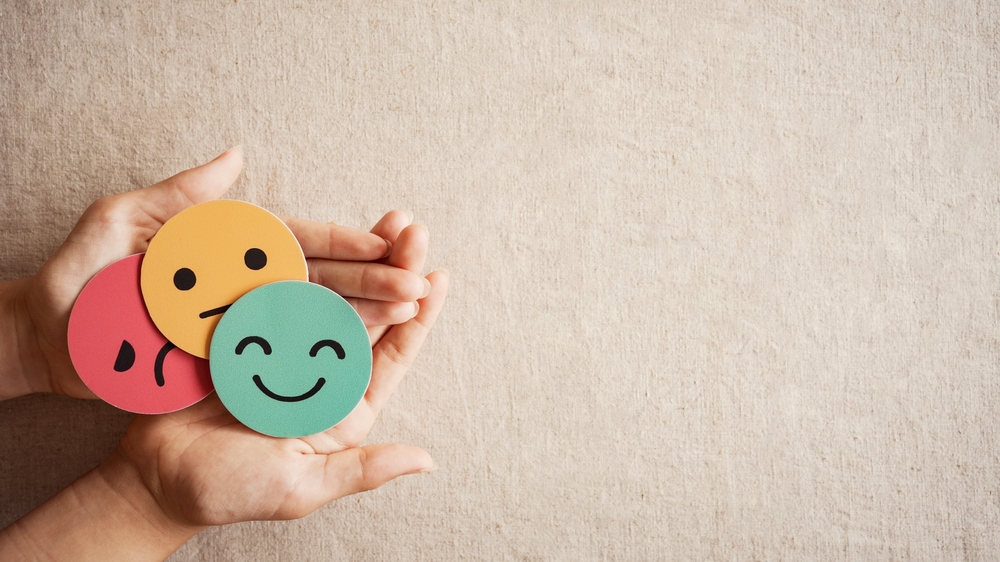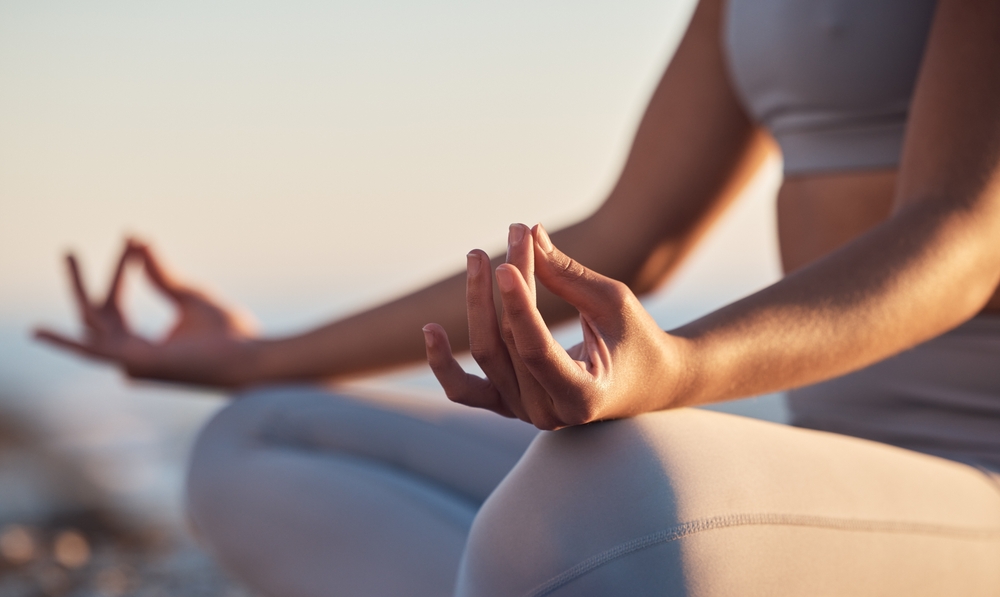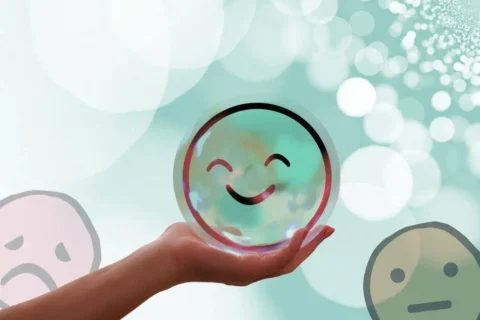As the world today focuses on getting as much done in a day as possible, as quickly as possible, it is becoming more and more difficult to slow down and take a breather. With work life and personal life blending into one another often, and the constant glare of screens at every hour of every day, it is common to never really switch off. Due to this constant whirlwind of endless tasks and to-do lists, mental health has suffered, and many people aren’t taking care of their mental states, which has a knock-on effect on their physical health. This all leads to poor overall health, which just gets worse and worse over time because of the hectic pace that daily life brings.
Now more than ever, mental health is being recognized as a vital part of someone’s overall well-being. People are seeing that their whole health can suffer when their mental state isn’t in the right place. This has led to more people turning to strategies to help them keep their emotions at bay and calm the stress down to put them in a better mental state and prevent any issues from occurring. One of these strategies that is gaining popularity is mindfulness. This is the practice of being present and fully engaged in the current moment, providing everyone with a powerful tool to combat mental health issues, increase self-awareness, and regulate their emotions. When paired with the support of a caring community that people can rely on in times of need, mindfulness can transform the way we approach mental health, providing both practical strategies and a sense of belonging.
The Power of Mindfulness
So, what can mindfulness do and how can it help your mental health? Well, mindfulness encourages you to slow down and take time to pause and reflect on the day to transform a negative mindset into a more positive one. You can fully invest yourself in your thoughts and feelings without any judgment or pressure from anyone else – it is just you and your thoughts alone. Being able to take this breather from the daily stress that you face can reduce any feelings of stress and anxiety, helping you gain improved focus while building emotional resilience.
What makes mindfulness such a good strategy to boost your mental health is that it can be as simple as you like, which is great when you’re just getting used to it. You can integrate simple mindfulness techniques quite easily into your hectic day, such as deep breathing exercises, meditation, or mindful walking. These easy techniques can be fitted around your everyday routine to ensure that you create a more positive mindset and prevent any mental health issues from arising or getting worse. Even a few minutes of mindfulness a day can help to create mental space that takes away the noise from your thoughts and calms you down. Having that mental declutter for a little while during the day lets you respond to challenges that come up with calmness and clarity rather than reacting impulsively.
Beyond the individual benefits, mindfulness also strengthens your ability to connect with others and grow your social skills. The act of clearing the mind and banishing worries away instantly makes you more present in the here and now. After you’ve immersed yourself in your thoughts and feelings and have reflected on the day, you can feel a weight lifted off your shoulders and are no longer distracted by thoughts, emotions, or even anything. This means every interaction you have after mindfulness strategies; you are fully present in the moment with those you are socializing with. Your focus starts to shift from yourself and become more aware of the needs and emotions of those who are around you, giving you a sense of heightened awareness. Having more awareness can make you more empathetic and understanding, which forms deeper, more meaningful relationships to support you and help your mental well-being.
When we are fully present, we become more attuned to the needs and emotions of those around us. This heightened awareness fosters empathy, understanding, and deeper relationships, which are crucial components of mental well-being.

Community as a Support System
Personal mindfulness practices are one of the most essential parts of looking after your mental health and improving your overall well-being. However, it is not the only strategy you can use to help gain peace of mind, happiness, and calmness. Creating quality and supportive human connections plays into mindfulness just as much as individual techniques. Having a supportive group behind you can provide you with people to go to in times of need, helping you to get through bad and good times and improve your mental state. A great connection you can have, and that is important to build with others, is with your local community. Local communities tend to support one another, as well as those in desperate need, and are welcoming to everyone. They create regular gatherings to support everyone and give people an outlet to relieve their negative emotions, gain a helping hand, and just have some connection, combating feelings of loneliness, stress, and depression.
If you engage with a supportive community, you can gain a sense of purpose, belonging, and shared experience. Community networks offer opportunities for social interaction, encouragement, and emotional support, which are particularly important during challenging times. Communities can take many forms, from local clubs and hobby groups to faith-based organizations and volunteer networks. Being part of a group with similar values or goals can reduce feelings of isolation and provide a space to express thoughts and emotions safely. Having these connections can create accountability, encouraging you to prioritize self-care and mindfulness practices regularly.
Combining Mindfulness with Community Engagement
Once you start to build connections with others in your community and get involved in local events and initiatives, as well as gain a better understanding of individual mindfulness techniques, it’s time to combine them. Mixing individual mindfulness with community activities can really boost the benefits you receive for both individually, providing you with even better mental health than what you can get from each on their own. Whether you partake in group meditation sessions, wellness workshops, or discussion circles, you can experience mindfulness in a collective setting and see how this improves your mental state. This combination helps to reinforce personal practices and strengthen social bonds. When mindfulness becomes something that you share with others, it nurtures both your emotional well-being and community cohesion.
For some, faith-based communities can serve as a particularly supportive environment for mental health. Centres and organizations that provide spiritual guidance, educational programs, and social events can offer support that addresses both emotional and spiritual needs. For example, local groups like the United Kingdom Islamic Mission organize programs that combine community engagement with personal development, helping individuals feel connected while encouraging mindfulness and resilience.
Mindfulness and community engagement are powerful allies in maintaining mental health. By building better self-awareness and embracing supportive networks, you can navigate life’s challenges with greater resilience and emotional balance. Whether through personal practices, group activities, or involvement in local organizations, integrating mindfulness and community into daily life provides both practical tools and meaningful connections for a happier and healthier life.





